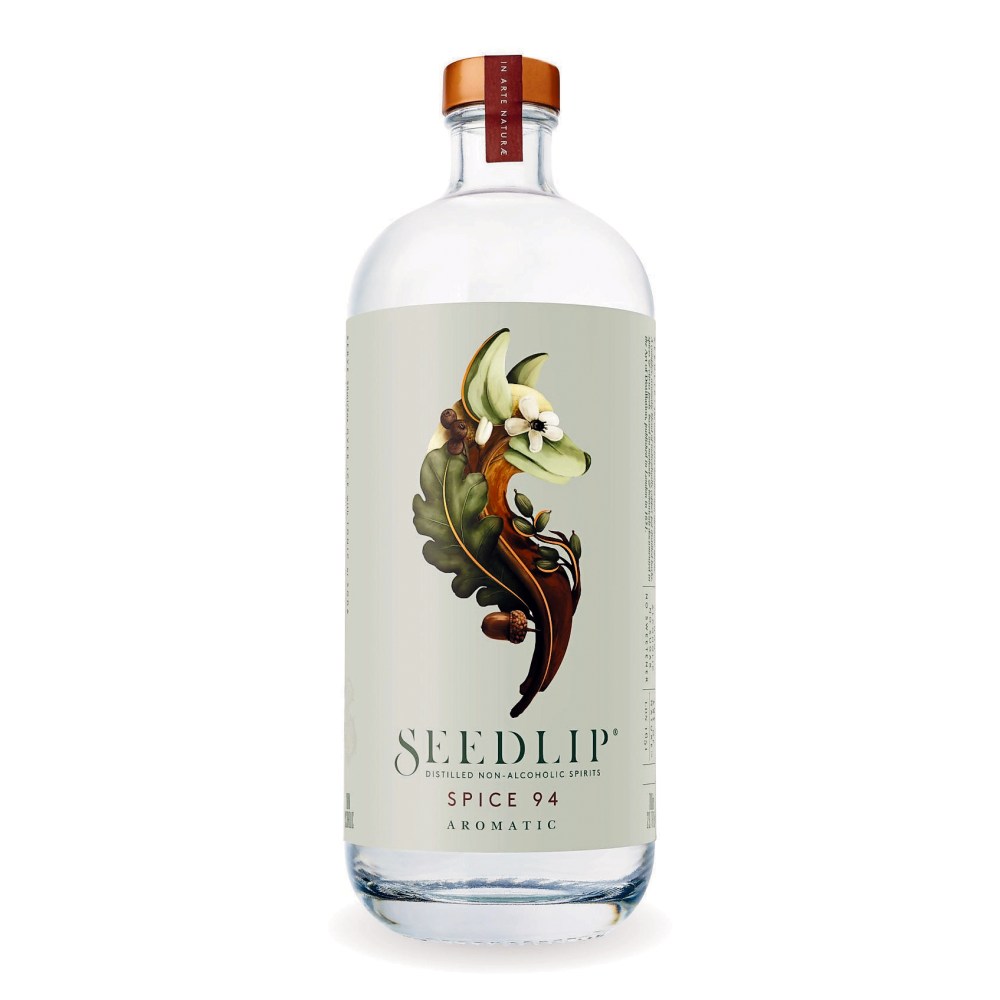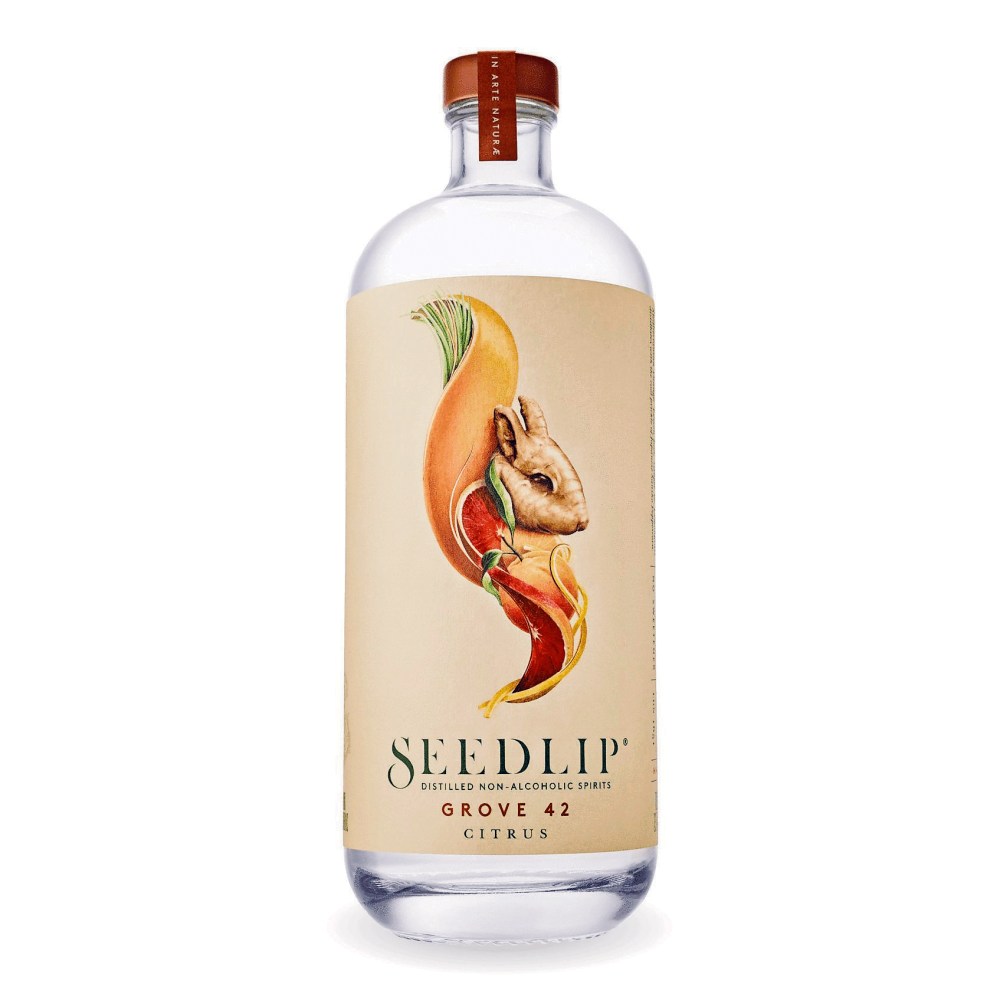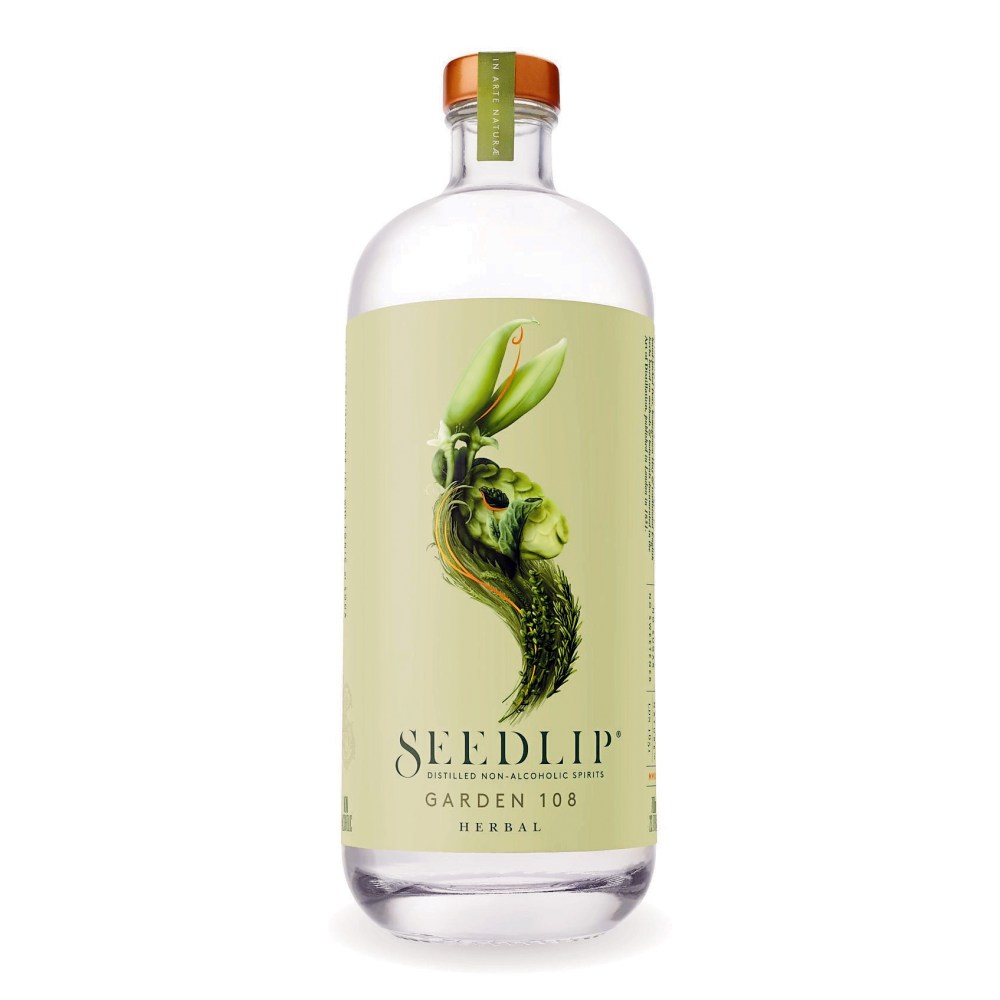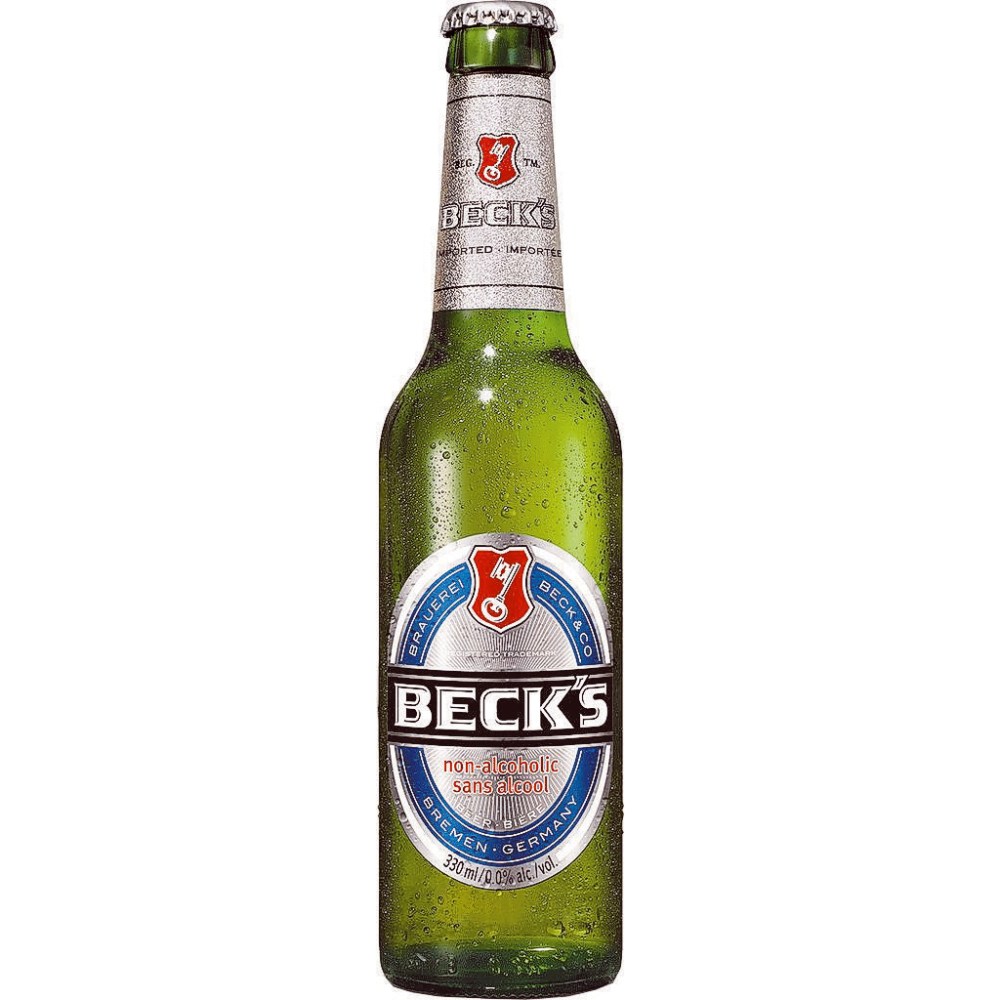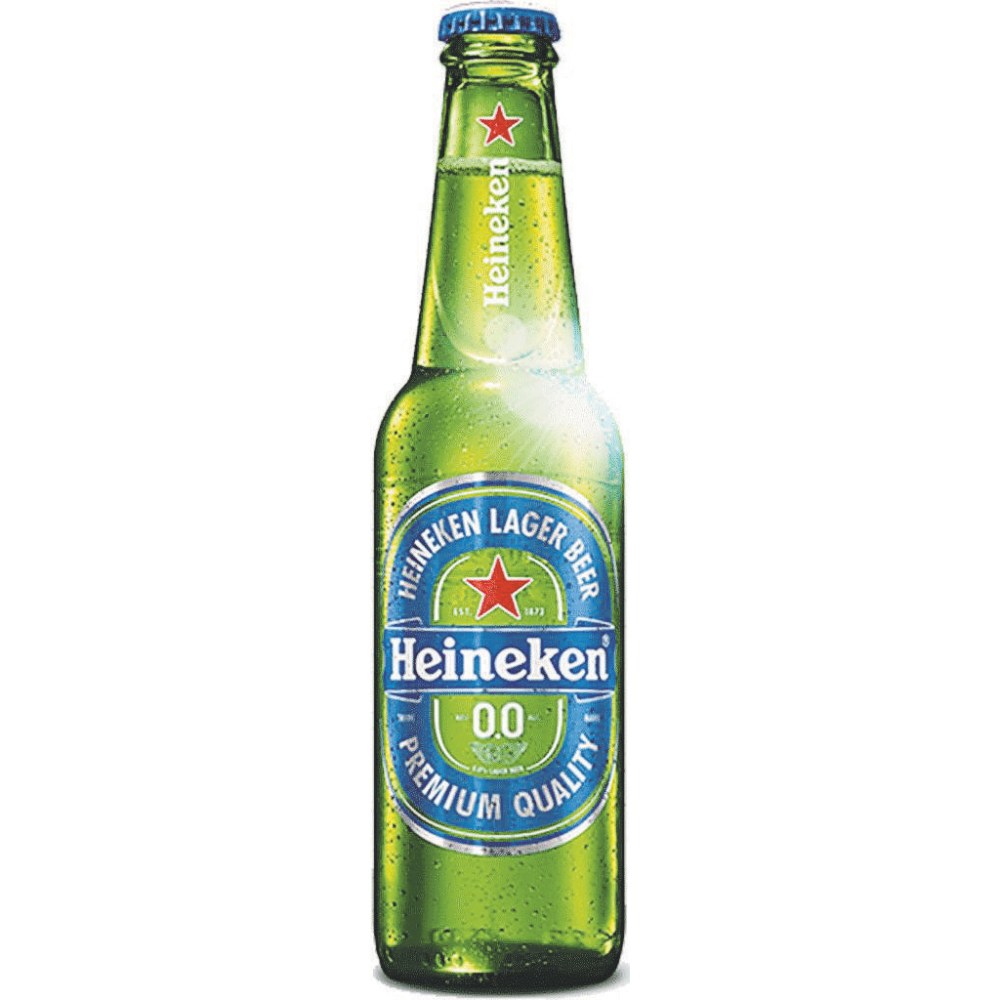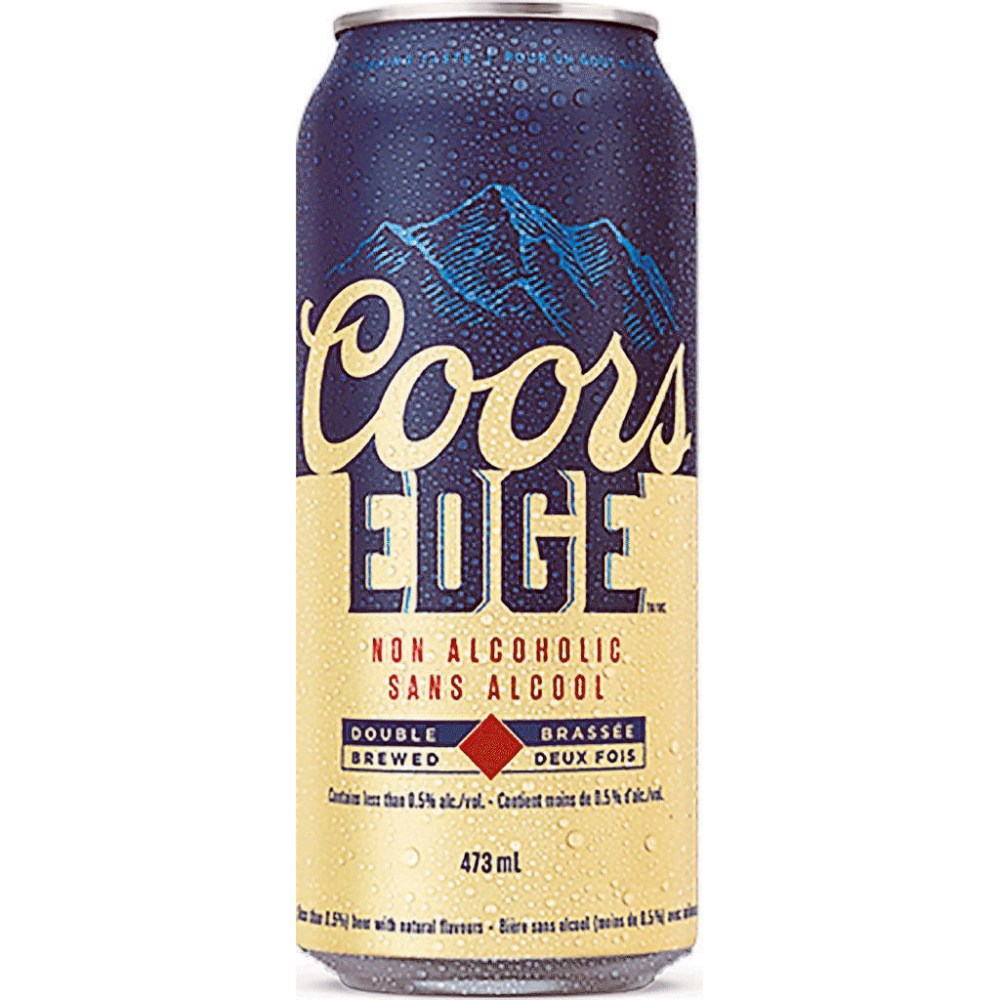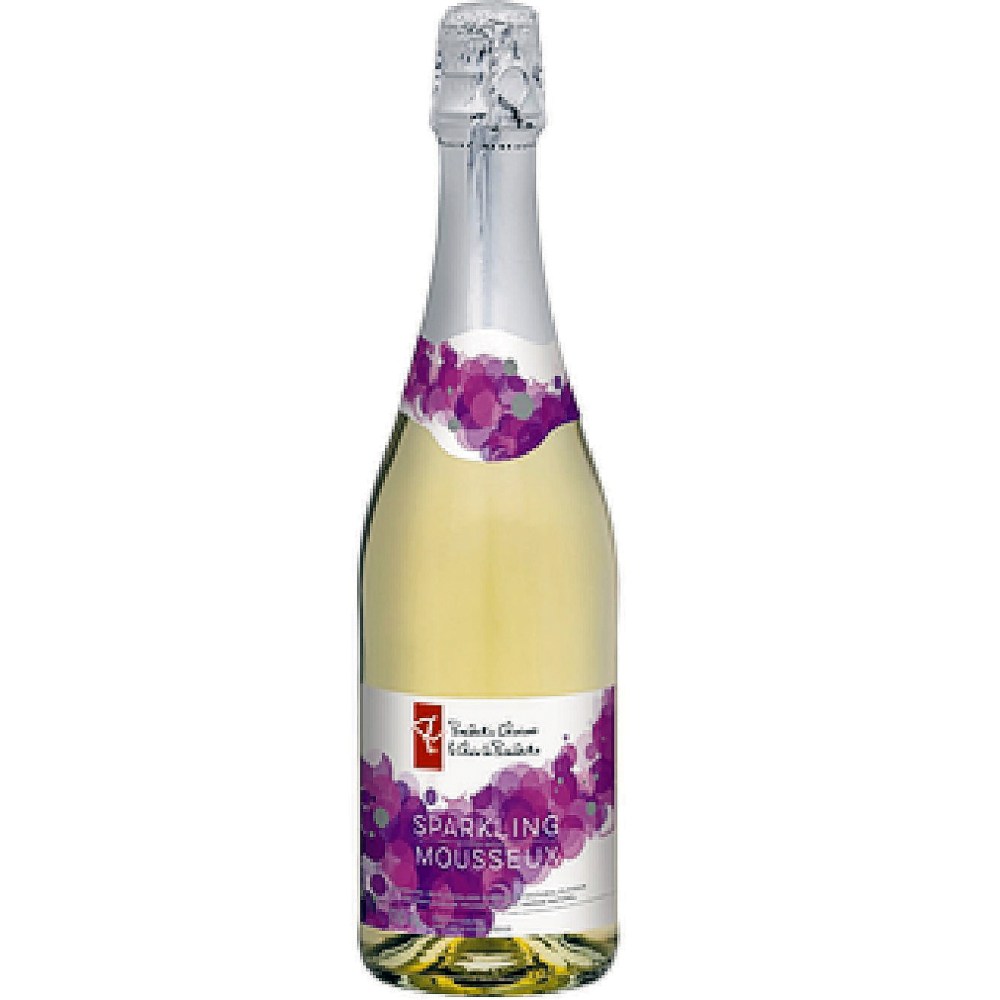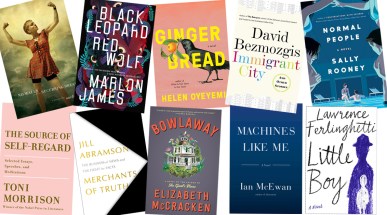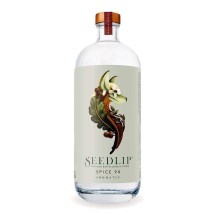A dry January can still be full of flavour Brewers have upped their efforts in de-alcoholized beer; lots of options for cocktail lovers, too
Read this article for free:
or
Already have an account? Log in here »
To continue reading, please subscribe:
Monthly Digital Subscription
$0 for the first 4 weeks*
- Enjoy unlimited reading on winnipegfreepress.com
- Read the E-Edition, our digital replica newspaper
- Access News Break, our award-winning app
- Play interactive puzzles
*No charge for 4 weeks then price increases to the regular rate of $19.00 plus GST every four weeks. Offer available to new and qualified returning subscribers only. Cancel any time.
Monthly Digital Subscription
$4.75/week*
- Enjoy unlimited reading on winnipegfreepress.com
- Read the E-Edition, our digital replica newspaper
- Access News Break, our award-winning app
- Play interactive puzzles
*Billed as $19 plus GST every four weeks. Cancel any time.
To continue reading, please subscribe:
Add Free Press access to your Brandon Sun subscription for only an additional
$1 for the first 4 weeks*
*Your next subscription payment will increase by $1.00 and you will be charged $16.99 plus GST for four weeks. After four weeks, your payment will increase to $23.99 plus GST every four weeks.
Read unlimited articles for free today:
or
Already have an account? Log in here »
Hey there, time traveller!
This article was published 04/01/2019 (2536 days ago), so information in it may no longer be current.
For many Manitobans, the term “dry January” means little more than sticking your head out the door and feeling the frigid wind parch the skin on your face.
But for a growing number of imbibers, the phrase also refers to the practice of giving up booze for the first month of the year. It’s a trend that has taken off in the last decade, especially in the U.K. Today, folks all over the world do dry January to help recover from holiday gluttony or as part of a resolution to take better care of themselves.
For a long time, giving up on booze, either short-term or for the longer haul, meant sticking with coffee/pop/water (or a reasonable facsimile) or suffering through the drab de-alcoholized beer and wine on the market. But to an extent, the low- and no-alcohol landscape has changed.
The beer side of things offers the largest number of palatable options. Many of the big brewers have long made de-alcoholized beer of mostly middling quality that mostly manage to mimic the flavours of their regular beer. But an increase in demand and technological advances have brought a greater number of decent-quality near-beer options to the market.
Unfortunately, the wine selection on the no-alcohol side of things remains mediocre — at least as it pertains to still wines. It’s next to impossible to find a decent de-alcoholized red wine in our market — Australia’s Loxton and the Merlot Germany’s Carl de Jung are the standards found at most grocery stores, while the Vin (Zero) and Mothers Against Drunk Driving (MADD) products are available at Liquor Marts. Most of the latter are made in Belgium, oddly, and pretty much all the reds are less than memorable… at best.
There are slightly better options on the white wine side; most de-alcoholized wines impart some sweetness, and sipping on a slightly sweet white isn’t nearly as jarring as it is with a red.
De-alcoholized sparkling wines bring the best options by far. Sparkling fruit drinks by companies such as Duché de Longueville are widely available and generally quite tasty, and there are a few other bubbly options that more easily ape sparkling wine. Some big grocery stores such as Superstore have their own brand of bubbly (they also have their own brand of de-alcoholized beer, which is quite good).
For those doing a dry January, going out for a cocktail isn’t too tough — most bartenders shouldn’t have a problem creating or modifying a drink for a customer, and would likely enjoy the challenge of making a sophisticated, tasty and booze-free cocktail.
But creating cocktails at home is where the challenge lies for those not imbibing — there are, after all, only so many Shirley Temples one can consume in a month.
Enter Seedlip, a British-based company making a trio of “non-alcoholic spirits” that are infused with a selection of herbs, produce and natural flavours and then distilled, filtered and de-alcoholized. They feature three core products — the Spice 94, Garden 108 and Grove 42 — that have already made a splash in the U.K. (including at some of the country’s top restaurants and lounges) and are starting to make inroads in North America.
At press time, it was confirmed that each of the three Seedlip products are available at Humboldt’s Legacy (167 Lilac St.), G.J. Andrews (384 Academy Rd.) and De Luca Fine Wines (942 Portage Ave.). They may be available at a handful of other local shops, and they are also available to order online.
Seedlip suggests trying each with a high-quality tonic water to start; from there, drinkers can experiment with their own cocktails or order a copy of Seedlip: The Cocktail Book from most online book retailers.
The Garden 108 “Herbal” has strong green herb and spice aromas, and on its own brings a bit of a pickle/cucumber note flavour-wise. Mixed with tomato juice, it mimicked a decent Bloody Mary, and with the right garnish and Worcestershire sauce (and tomato clam cocktail, etc.) it would be a solid stand-in for a Caesar. Alternately, fill a glass with ice, add 50 mL of the 108, top with tonic/soda water and garnish with cucumber, snap pea or another green garden vegetable.
Seedlip’s Spice 94 “Aromatic” brings vanilla and baking spices on the nose, while on the palate it’s still fresh and clean, devoid of any possible sweetness one might think is coming. (All Seedlip products have no sugar/sweeteners, artificial flavours or even calories.) Mixed with some ginger ale and garnished with an orange peel, the spice notes work quite well.
The Grove 42 “Citrus” brings loads of fresh citrus rind, melon and chalky notes aromatically, and is the least complex (but most approachable on its own) of the three,` flavour-wise. A mix with equal parts tonic water made for a refreshing quasi-cocktail, but it would also certainly work well in a mock greyhound with grapefruit juice.
uncorked@mts.net
Twitter: @bensigurdson
Drinks of the week
Beck’s Non-Alcoholic (Bremen, Germany — $1.72/330ml bottle, Liquor Marts, grocery stores and beer vendors)
Medium-gold in colour and clear, with a frothy white head, this no-alcohol German brew smells a lot like the real deal: modest corn and malt aromas along with an underlying bitter, almost-herbal note. It’s lean — almost a little too lean — and crisp, with that herbal, bitter note common to Beck’s sustaining the other flavours on the palate that would otherwise probably fall away a little too quickly. ★★½
Heineken 0.0 Alcohol Free Beer (Amsterdam — $10.99/6x330ml bottles, Liquor Marts, grocery stores and beer vendors)
Medium-gold in colour and clear, Heineken’s foray into the no-alcohol beer market will please fans of the Dutch brew. Like the Beck’s, the 0.0 offers much the same slightly bitter, herbal notes as its regular counterpart, with slightly sweeter malt notes. That sharp, herbal note comes through nicely on the palate, and the flavours are slightly more fleshed out and lengthy than the Beck’s, with a lingering grassy, almost-peppery note on the finish. ★★★½
Erdinger Alkoholfrei Weissbier (Erding, Germany — $2.79/500ml bottle, Liquor Marts, grocery stores and beer vendors)
Deep gold in colour, this de-alcoholized wheat beer is hazy in appearance, with a persistent white head. There’s more malt aromatically than the bread dough/banana candy/sweet citrus you might expect from a weissbier — it smells like you’re walking through a brewery. It’s medium-bodied and creamy, with soft effervescence ushering in incredibly dominant malt notes, but with few supporting flavours typical of the style. Tastes kind of like drinking carbonated yeast juice. ★★
Coors Edge (various breweries — $2.49/500ml can, grocery stores, Liquor Marts and beer vendors)
Medium-gold and clear in colour, the head falls away quickly on this de-alcoholized brew, especially relative to the regular Coors Banquet. Aromatically, the two are pretty close, with the Edge bringing many of the similar basic malt, barley and modest corn notes. On the palate the two part ways; the Edge, whose ingredients are listed as “beer, natural flavours,” is pretty low in the flavour department — what malty notes do exist fall away quickly. The single can was purchased at Superstore; it may only be available in 12-packs elsewhere, but it’s probably worth trying one before committing to a dozen. ★★
President’s Choice Sparkling (Belgium — $6.48/750ml bottle, Superstore)
Aromatically, this deep gold bubbly delivers some convincing pear and apple seed notes, with a subtle citrus component. On the off-dry palate things improve, with the bright effervescence delivering fresh apple and lemon flavours that could easily pass for a regular (but simple) bubbly, and a hint of sweetness that keeps things from getting boring. While decent on its own, it would also work well in a virgin mimosa or other bubbly-based cocktail. ★★★

